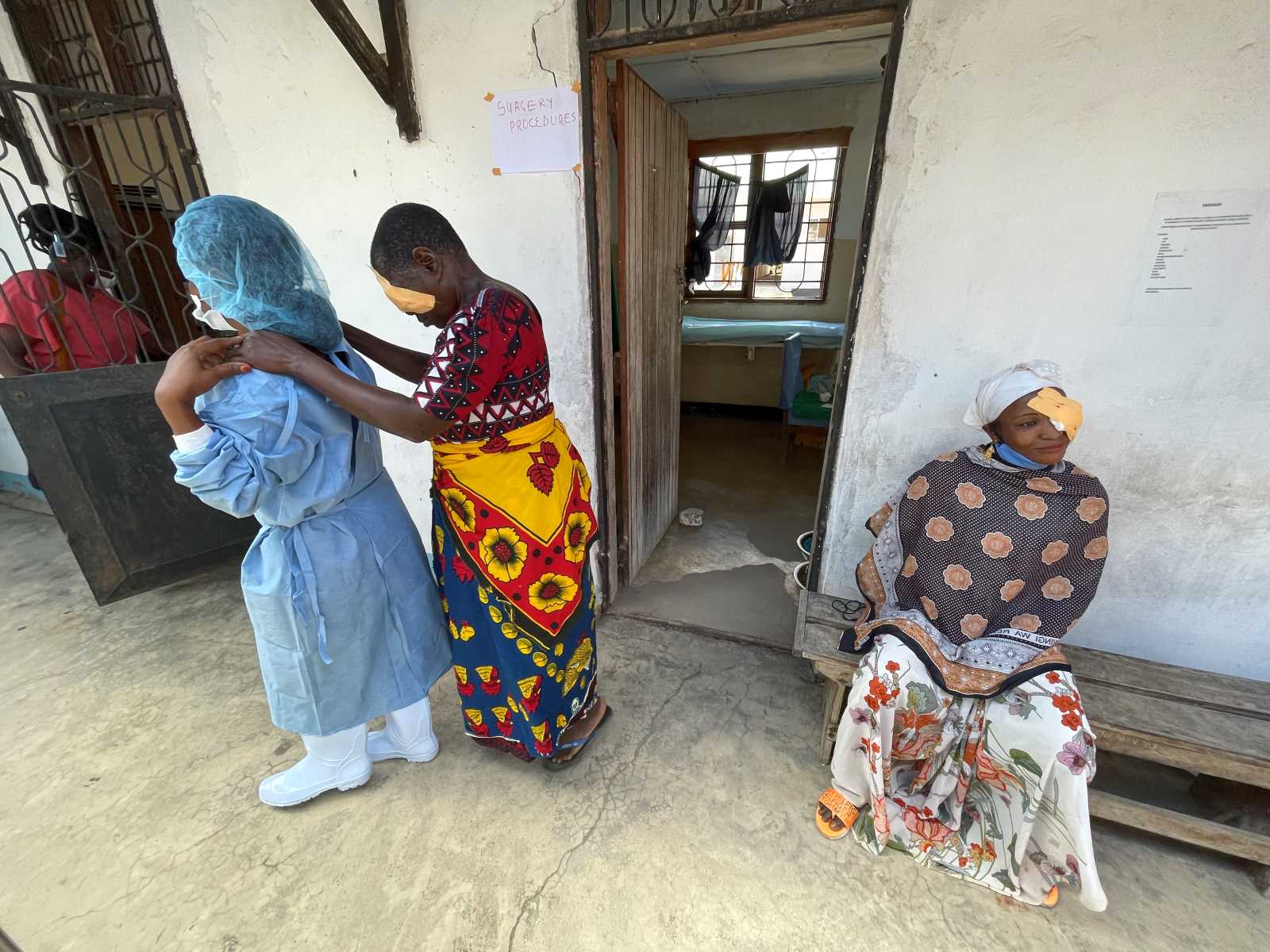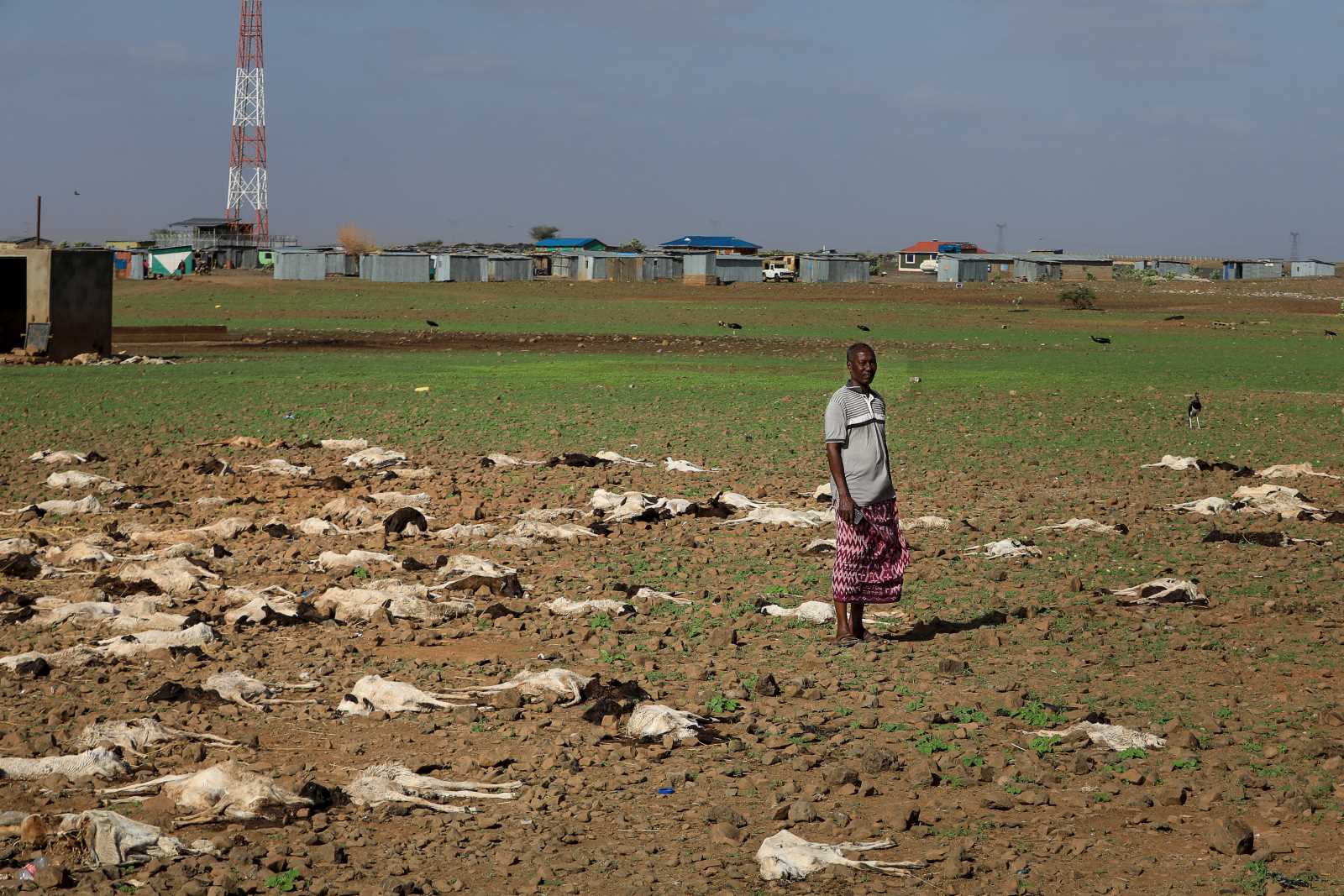Sanitation
Clean villages

About a decade ago, open defecation was rarely discussed. The reason was cultural taboos. Not even chiefs tackled this important matter. Things have changed. Today, many chiefs are spreading the message and telling their people not to defecate in the open.
Sitola is a locality in the southern district of Machinga. It is run by a traditional authority led by the chief. Local by-laws state that anyone who defecates in the bush must pay a fine to the village headman. In a similar way, the traditional authority of Mwase in Kasungu District set an example for other chiefs when the villages were declared ODF about two years ago.
NGOs are playing an important role. CU is an example. It is implementing an integrated water, sanitation and hygiene (WASH) project in cooperation with the districts of Dowa and Kasungu, targeting villages that belong to 11 different traditional authorities. Britain’s Department for International Development is supporting the programme through UNICEF to the tune of the equivalent of $ 2.2 million.
It is essential to understand that sanitation and safe drinking water are related issues. Where people do not have a good sanitation system, their water will sooner or later be contaminated.
CU country director Heather Campbell says some 420,000 people will benefit from the project. Up to now, CU has facilitated the construction of 714 boreholes, reaching out to 178,500 people. “For schools, CU has constructed 42 boreholes,” Campbell claims. “There has been a remarkable improvement in sanitation and hygiene provision.”
According to the traditional authority of Kayembe, the villagers are “happy with the work that CU is doing”. Every household is now said to have a toilet, so people no longer practice open defecation.
Health Minister Peter Kumpalume urges Malawians to take WASH seriously, arguing that practicing good sanitation and hygiene would help save the equivalent of $ 11 million, which is spent on treating preventable diseases such as cholera and diarrhoea. However, Kusamba Dzonzi, a member of parliament, says that ODF is highly appreciated, but it remains a major concern that not everyone in Malawi has access to safe water. It is the government’s responsibility to ensure that communities get water. Wherever water is scarce, people will not prioritise hand-washing. If they have to walk over five kilometres in search of water, they are unlikely to carry it home and then use it to wash their hands.
Raphael Mweninguwe is a freelance journalist based in Malawi.
raphael.mweninguwe@hotmail.com












